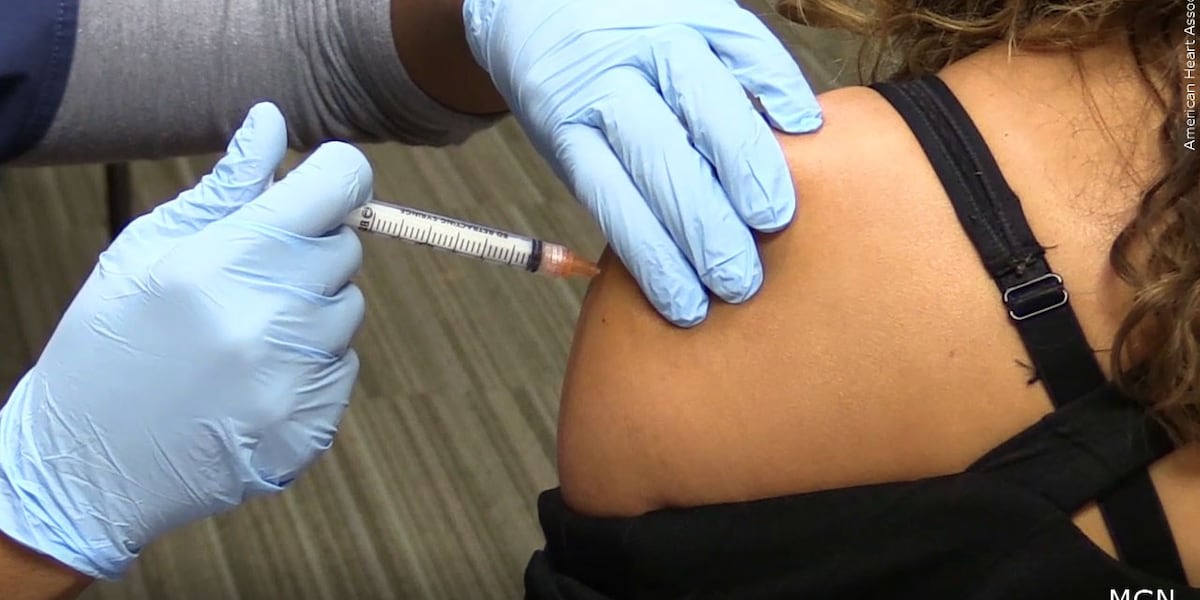WA Hospitals Under Pressure: Government Stands by 'World-Class' System Amid Ramping Concerns
The recent surge in hospital bed blockages and ambulance delays has reignited a long-standing debate about the state of WA’s health system. Images and stories of patients enduring hours in ambulances outside emergency departments have sparked public outcry and fuelled criticism of the government’s handling of the situation. Opposition parties are seizing on the issue, calling for urgent action and questioning the government’s commitment to improving patient outcomes.
Ramping, a term increasingly familiar to West Australians, refers to the practice of ambulances queuing outside hospitals due to a lack of available beds. This not only delays treatment for new patients arriving by ambulance but also impacts the entire hospital workflow, putting immense pressure on doctors, nurses, and support staff.
While acknowledging the current challenges, Health Minister Amber Marshall has repeatedly defended the government’s record, pointing to significant investments in hospital infrastructure and workforce training. “We are committed to providing a world-class health system for all West Australians,” she stated recently. “We’ve seen record investment in our hospitals, and we’re working tirelessly to address the current pressures.”
However, critics argue that the government’s response has been inadequate, and that short-term fixes are not enough to address the systemic issues underlying the problems. They contend that a lack of planning, insufficient funding for primary healthcare, and an aging workforce are all contributing to the crisis.
One proposed solution gaining traction is a greater focus on preventative healthcare. By investing in community health programs and encouraging early intervention, the argument goes, the demand on hospital services could be reduced, freeing up resources for those who need them most. This includes expanding telehealth services, particularly in regional and remote areas, and improving access to mental health support.
Another area of concern is the increasing burden on nurses and doctors, who are often forced to work long hours under intense pressure. Addressing workforce shortages and improving working conditions are crucial to retaining skilled healthcare professionals and ensuring patient safety. The government has announced initiatives to recruit and retain nurses, including salary increases and improved training opportunities, but the impact of these measures remains to be seen.
The debate over WA’s health system is likely to continue in the lead-up to the next election. Ultimately, finding a sustainable solution will require a collaborative effort involving the government, healthcare professionals, and the community. The priority must be ensuring that all West Australians have access to timely, high-quality healthcare, regardless of where they live or their socioeconomic status. The current ramping situation is a stark reminder that more needs to be done to protect the health and wellbeing of the state’s population. Further investment in preventative care, workforce development, and efficient hospital management will be key to achieving a truly world-class healthcare system.




